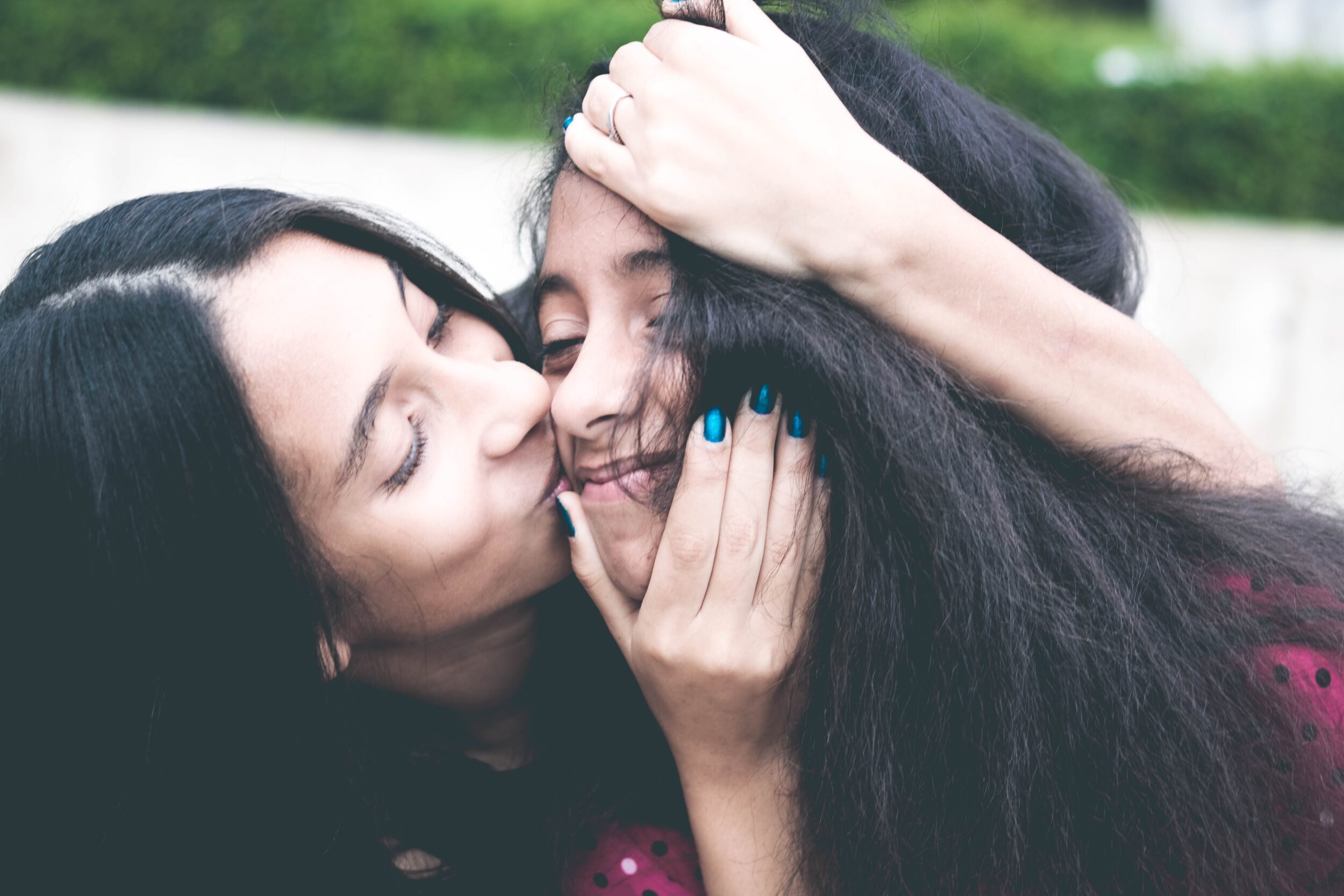We all know them, these parents who do not let their children go one step and control all their actions and gestures, these are what we call helicopter parents. Desire for tyranny or uncontrolled anxiety, what motivates these somewhat oppressive parents?
What does a parent in a helicopter look like?
The term “helicopter parent” was first used in 1969, in the book Parents and Adolescents by Israeli psychologist Haim Ginott. In one of the testimonies, a teenager complains about his mother, constantly on her shoulders: ” Mom flies over me like a helicopter and I can’t stand the noise and the wind it makes. “. This pejorative term, which describes overprotective parents, reappears in the 90s, in the works of American sociologists and psychiatrists, thus becoming a name commonly used to designate this concept.
It is therefore said that a parent is a helicopter if he observes and incubates his child intensely, a concept quite similar to that of the ” parent hen “. This overprotective parent is demanding of his child, even a perfectionist. He has high expectations of him, and intervenes in all areas of his life, without leaving him any autonomy. The parent holds him back, not letting him have experiences, for fear of what could happen to him.
But why are these parents so controlling? This is partly explained by the fear of being a bad parent, who could be reproached for not being careful enough, or even for failing and neglecting. On the contrary, the illusion of being able to control everything makes them feel like good parents.
This overprotection is sometimes a break with what they experienced as children with their parents, or conversely a repetition of family history. But it is also a reaction to the pressure of a society of entertainment, in an increasingly anxious world. The development of a helicopter parent within a family is sometimes favored by a complicated context: single parenthood or a child suffering from a chronic disease.
For Aline Nativel Id Hammou, clinical psychologist specializing in the field of childhood, adolescence and family, anxiety is always at the root of this parenting behavior. A helicopter parent would therefore be above all an anxious parent.
” Fears vary between parents, but there is this notion of danger, the fear that their child is going through a trauma, that this has consequences for their development. This may derive from their education, when you become a parent, there is a psychic reworking of the memory of the child you were, and of the parents you had. »
These anxieties dictate the need to overprotect your child, at the risk of making one parental exhaustion.
” It’s tricky being a helicopter parent, there’s chronic anxiety in all areas of a child’s life. Sometimes it’s a little less strong when the child is with the parent, which means they don’t enroll the child in educational or extracurricular activities. This causes mental fatigue, hypervigilance, many get lost in negativity and fears, there is a loss of parental fulfillment and suffocation. They think about them all day long and don’t allow themselves to do things for them. »
Children who have fallen into the bathroom of anxiety
And for children, what are the risks? They are afraid of disappointing their parents, they have little autonomy, they lack self-confidence. Plunged into anxiety, they are more at risk of developing depression.
” By wanting to master everything, control everything, we prevent our child from developing well and flourishing. It’s ultimately the opposite of what these parents would like. explains Aline Nativel Id Hammou. ” Helicopter parents are concerned about what their child might be experiencing or doingthey condition the anxiety of their child, who is in turn afraid of many things “.
The children thus integrate the idea that there is a permanent danger. ” Generally they are very cautious children, attentive to their bodies, their attitudes, their behavior, but also to others. They have a heightened form of social empathy. They don’t allow themselves to do or experience certain things, both out of anxiety and out of loyalty to the parents. There is a loss of fulfillment and discovery. But there’s also a small percentage of these children who will still experiment, because it’s not natural for a child to be afraid, they’re more into discovery. »
At school, helicopter parents can also hinder their children’s learning. Clémence, a school teacher, says:
” Children find themselves in conflicting loyalties, parents undo what we do in class by explaining to home that we should do differently, and they often assume their child is being persecuted by the teacher. Children suffer from it, they are often stressed, don’t dare to try new things, which blocks learning. And parents and teachers are also undermined by this situation. »
How to drop ballast and land the helicopter?
But then, as a parent, how do you manage to get rid of these anxieties, for the sake of your child, but also yours? How can we accept that we can never protect them from everything? Above all you have to trust your child, but also the other adults who take care of him. And understand that we can love him without overprotecting him. It will be more effective for the child to learn to face and overcome difficulties than to avoid them.. For this, it is important to listen to your child’s feelings.
You also have to get used to the idea that you can’t be a perfect parent, it’s an inaccessible and pressurizing goal. Being a “good enough parent,” as the English psychoanalyst Donald Winnicott theorized, is much more accessible and desirable.
Finally, another essential key is being able to work on your anxieties. ” The first thing is to have the courage to talk about your anxiety to your co-parent and those around you, they will help put things into perspective recommends Aline Nativel Id Hammou. ” And you have to work on your story, the child you were, the adult you are. Some parenting sessions can be useful, to understand all that we fear every day. But fear is also a part of parenting, and you can’t get rid of your anxieties completely. There are rational fears, you need to get rid of at least some very irrational fears. »
Wanting to protect their children, helicopter parents risk hindering their development. In order not to risk damaging their relationship and their trust, it is therefore essential to work on your parenting anxieties.
Source: Madmoizelle
Mary Crossley is an author at “The Fashion Vibes”. She is a seasoned journalist who is dedicated to delivering the latest news to her readers. With a keen sense of what’s important, Mary covers a wide range of topics, from politics to lifestyle and everything in between.





